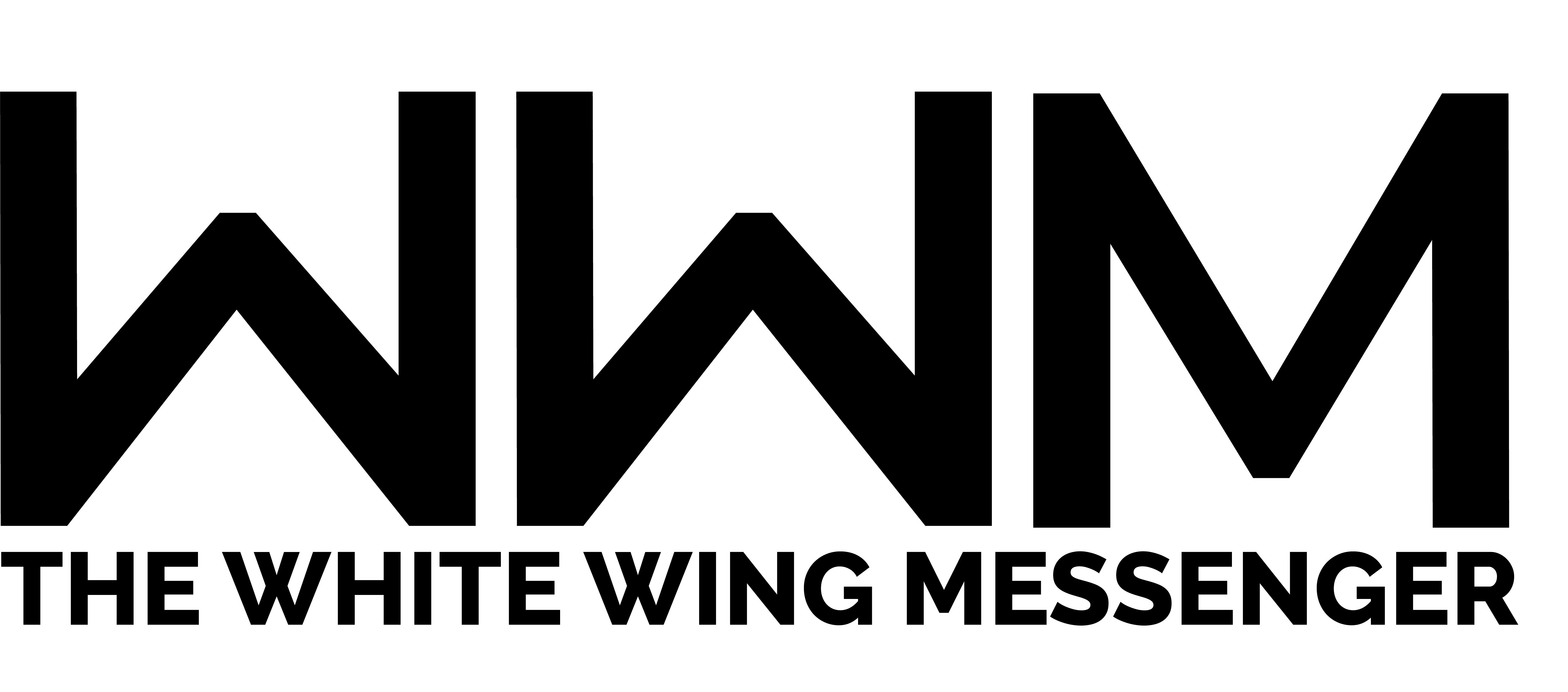
Why Fasting?
Michelle Brooks-Young | Lebanon, Tennessee
“Whatever you do, don’t stand up for that!” My then five-year-old daughter was astounded. A few moments before, our pastor had asked each family to commit to a two-week fast. Bethany had leaned in close, cupped her tiny hand around my ear, and whispered, “What does that mean?” I attempted to explain, in five-year-old terms, the finer points of fasting. Her brown eyes looked shocked. Her curly pigtails bounced as she shook her head no and told me I was forbidden to rise to join the others. I giggled then as I did just now writing this. Perhaps many of us have the same attitude toward fasting.
The definition of “to fast” or “fasting” is not very enticing; words such as abstain, refrain, deny, go-without, starve, hunger. It’s no wonder my daughter didn’t want to participate. However, the Scriptures are full of examples of men and women who submitted to this spiritual practice and realized victory, confirmation, freedom, provision, providential shifts, healing, and an unending list of benefits.
Growing up, my parents had fasted many times for many reasons, and I was familiar with this sacrificial act of obedience. The first personal experience came for me during the planning of a mission trip. It would be my first trip out of the country to speak at a ladies’ retreat in the Philippines. Of course, I was giddy, nervous, excited and knew the trip would be full of adventure.
What seemed to be the only roadblock to this trip was the $1600 expense for flight, meals, etc. We were a young family, with two small children, bills to pay, and monthly obligations, but I just knew this trip was divinely orchestrated. My dad had already offered the full amount, but God had prompted that He would provide for this trip. I had this overwhelming feeling that I was to fast for 40 days. Yes, you heard me right, 40 days. That seemed like an eternity, but I couldn’t dismiss all the signs pointing to this commitment and so I began a 40-day fast, eating only one meal a day.
My husband and parents knew about the fast (Matthew 6:16–18) because I had asked them to partner with me in prayer. Each day, I committed to pray specifically for the Philippine trip and provision. At the end of the 40 days, no angelic choir sang, there was no check in the mail box for $1600 or even $16, no flashes of heavenly light. I didn’t even see an image of Mary in my pancakes. But I did have a peace and a Scripture that “obedience is better than sacrifice” (1Samuel 15:22).
Days ticked by and nothing happened; no check, no cash, no traveling money for this trip. As I got ready for church that first Sunday after the 40-day fast, I began to question (I’m sure I’m the only one who does this). “Lord, did I hear you right? Forty-days? Fast two meals a day? Obedience? Provision?” Sunday school that day was a blur and I couldn’t tell you what our pastor’s message was, but the time break between those two events will forever be etched in my spiritual memory bank. Person after person would walk up to me and hand me an envelope, a folded piece of paper, or papers. I had money in my purse, coat pocket, and my hands! Remember, no one knew about the fast except for my husband and parents. God had heard, He had honored the fast and He had provided! One lady gave me a check during the morning break and immediately when church dismissed, she approached me and asked for the check back. Puzzled, I reached into my pocket and dug out her check. She exchanged it for another one and replied, “God said that wasn’t enough. He said, ‘Give her more!’” And she gave remarkably more. The Philippine trip was more than provided for. I never again doubted the value of fasting.
Fasting is not a magic tool or a manipulative move to get God to do something, provide something, or answer something. Fasting is, however, an act of submission, a display of obedience, and an unwavering faith that through a season of personal, temporary denial you and I are assured to hear from heaven.
Since that initial fast for provision for the Philippines trip, I have fasted for many reasons: clarity, answers, health, relationships, situations, and the list goes on. Sometimes it’s food, sometimes it’s electronics or technology. What you choose to abstain from is as personal and different as each person reading this article. It’s an open act signifying that nothing has greater value than the presence of the Holy Spirit and that my desire to hear Him is greater than my desire for whatever I choose to abstain from.
It doesn’t matter if you choose a one-day, 40-day or year-long fast, or if you choose food, activity, habit, or action. Fasting is not an ancient relic that we only read about, but should be an active practice in the life of every believer. Both the Old and New Testament gives us examples of the types of and the importance of fasting in our lives. This private communion between you and your Savior will birth a renewal (Nehemiah 4:1), will bring compassion, guidance, and strength (Isaiah 58:6–11), and will be a repairer of the breach (Isaiah 58:12).
Surely, there is no better reason than to follow the example of Jesus in Matthew 4:2 and Luke 4:1–4. By committing to this soul changing practice, we can declare the Scripture promise that “Then no one will notice that you are fasting, except your Father, who knows what you do in private. And your Father, who sees everything, will reward you” (Matthew 6:18 NLT).

